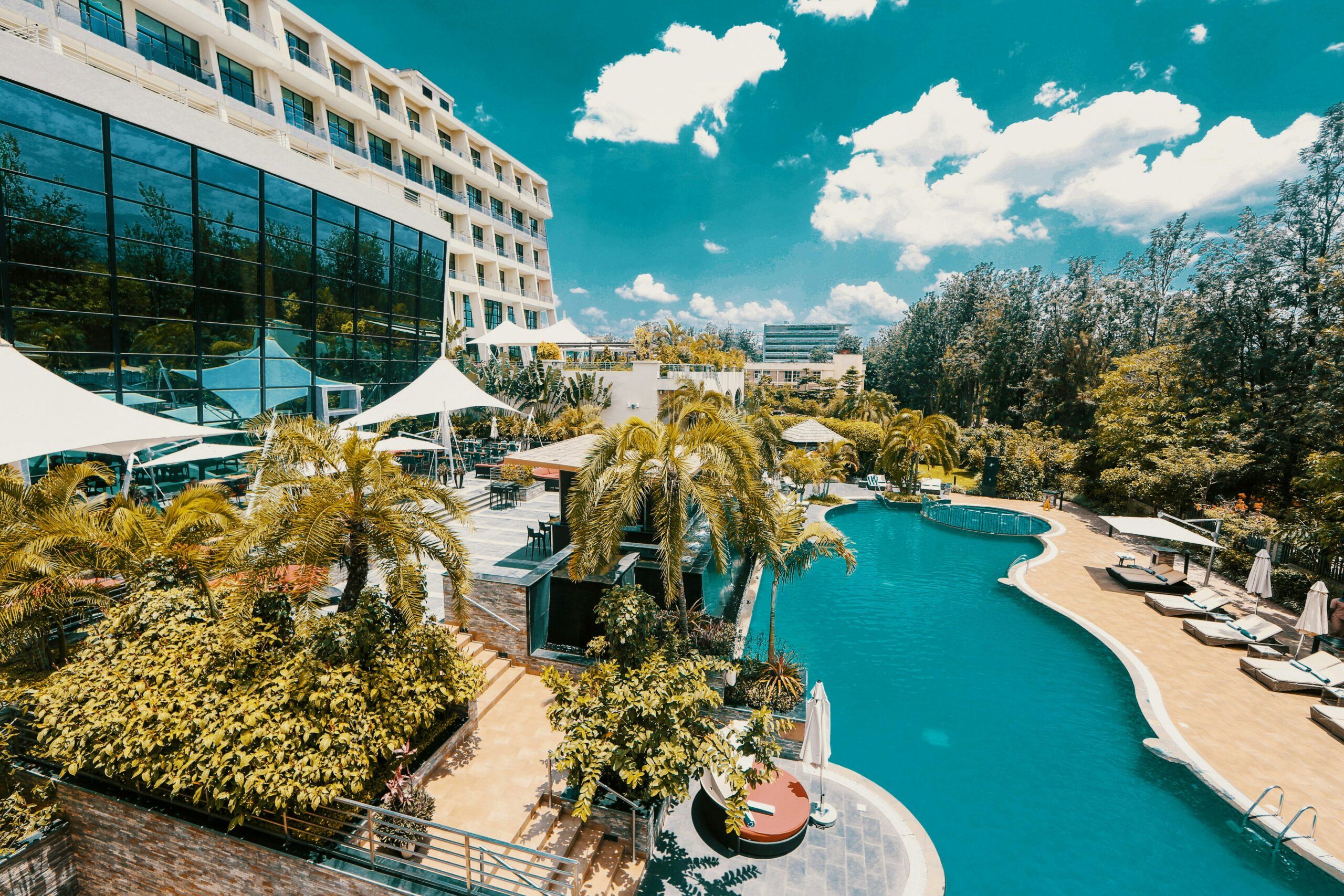Greece adopts 6-day working week
10 July 2024
Greece, with its picturesque landscapes and sunny beaches, attracts millions of holidaymakers every year in search of relaxation. However, behind this image of a tourist paradise, a new reality has just emerged for Greek workers. On July 1, the government passed a law instituting a 6-day working week.
6-day working week
The 6-day working week in Greece is said to have been introduced for economic reasons. The government hopes that this measure will increase productivity and make the country more attractive to foreign investors. However, the decision has been widely criticised by trade unions and workers, who fear a deterioration in their living conditions.
The unions reacted swiftly, organising demonstrations and denouncing an attack on workers' rights. They point out that this measure could lead to increased stress and burnout, reducing employees' quality of life.
This legislation only applies to private companies providing services 24 hours a day, 7 days a week, and also to companies facing an increased workload.
A striking contrast with the reality of tourism
Griekenland is wereldberoemd om zijn toeristische droombestemmingen. Elk jaar stromen miljoenen bezoekers toe om te genieten van de stranden van Mykonos, de historische bezienswaardigheden van Athene en de charmante dorpjes van Santorini. For these holidaymakers, Greece represents a haven of peace and relaxation. For local workers, however, the reality is very different. While visitors enjoy the pleasures of Greece, workers have to contend with long hours and increasingly demanding working conditions.
Paradoxical economic model with a 4-day week
While Greece opts for a 6-day working week, other countries and companies are exploring the opposite trend: the 4-day week. This initiative, introduced in a number of European countries including Iceland, Spain, Belgium, Japan and New Zealand, has shown promising results. Employees report an improvement in their quality of life, a reduction in stress and an increase in productivity.
The situation in Greece raises questions about the sustainability and effectiveness of business models based on longer working hours. While the country presents itself as an idyllic destination for tourists, the stringent working conditions imposed on employees could tarnish this image and pose long-term challenges. It remains to be seen whether this particular business model in Europe will bear fruit, or whether it will need to be reassessed in the light of results obtained in other parts of the world.
👉 Back to the images on the application of this new law
Opening hours
Phone
Tel : +32 2 887 69 26
Email : INFO@HOSPITALITY-TALENTS.EU
Location
B-1050 Bruxelles
HorecAssist SRL
BE 0786.418.887
Enregistré en Région de
Bruxelles-Capitale sous le numéro
20441-405-20240611


